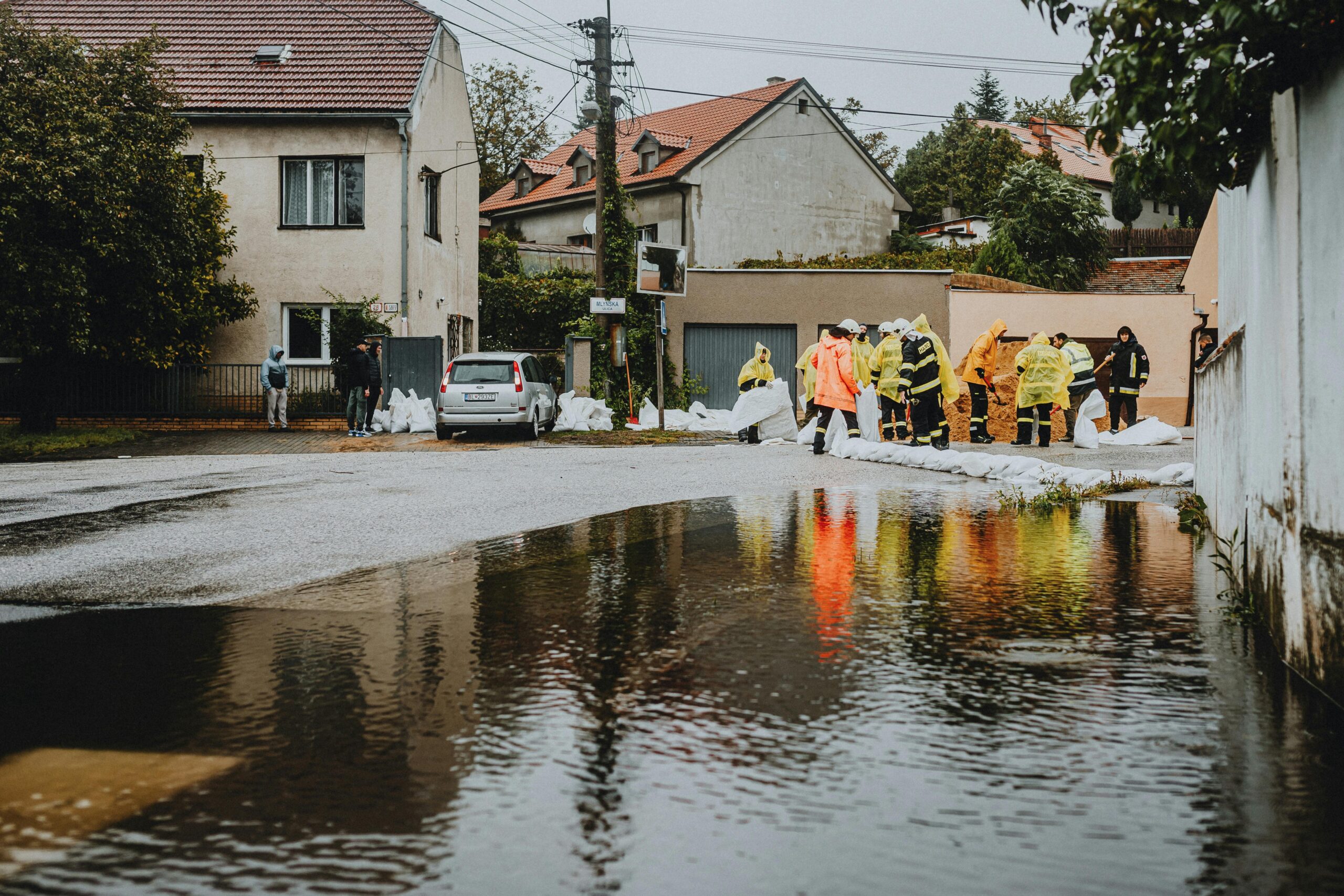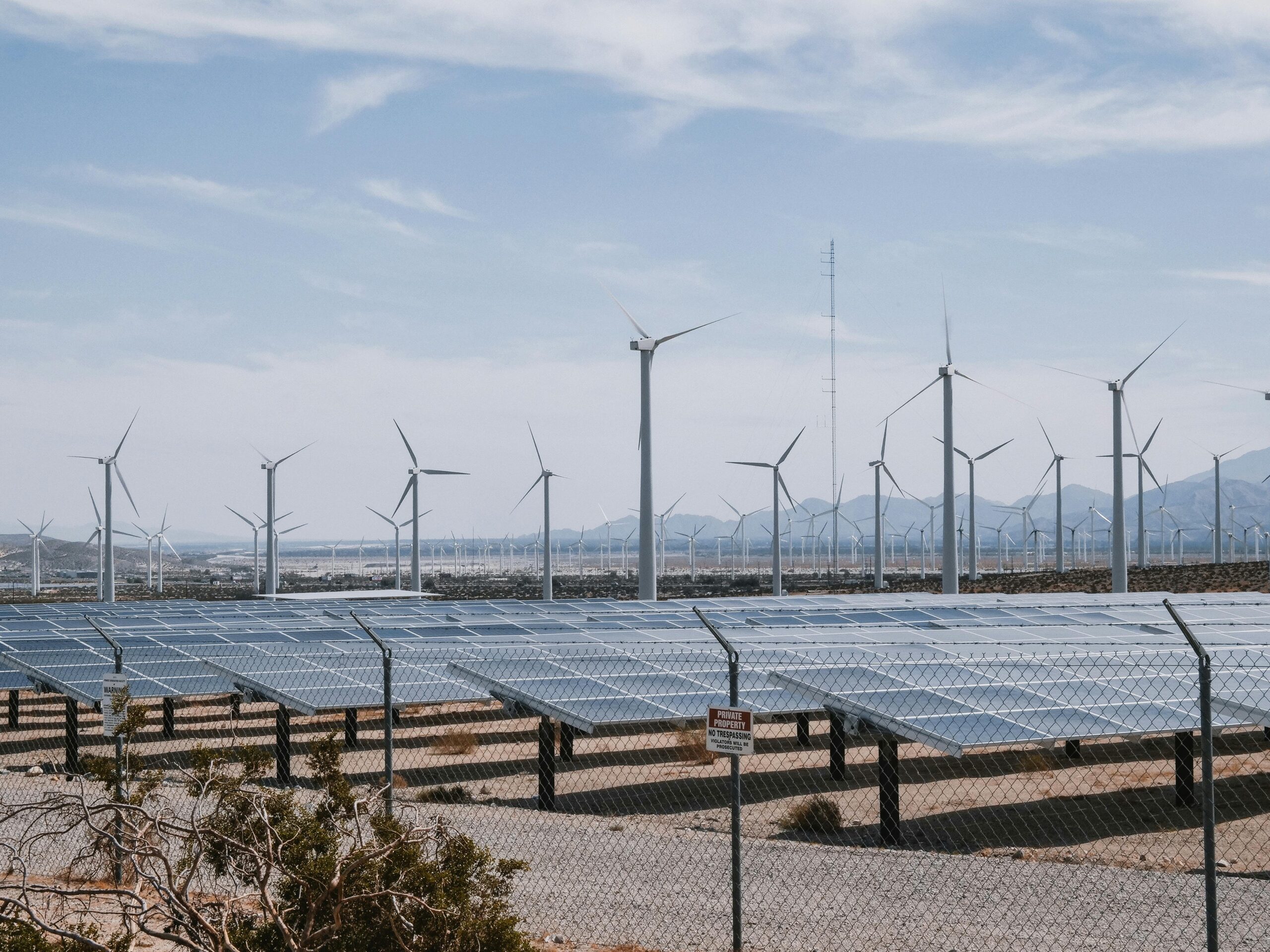The global business landscape is undergoing a profound transformation as companies recognize that sustainability is no longer optional but essential for long-term success and survival.
Today’s consumers, investors, and regulatory bodies demand greater environmental accountability from organizations. Supply chains, which account for a significant portion of most companies’ carbon footprints and environmental impact, have become the critical battleground for meaningful change. Forward-thinking businesses are discovering that sustainable supply chain transformation isn’t just about compliance or corporate responsibility—it’s a strategic imperative that drives innovation, reduces costs, enhances brand reputation, and creates competitive advantages in an increasingly eco-conscious marketplace.
🌍 Understanding the Business Case for Green Supply Chains
The economic rationale for sustainable supply chain transformation has never been stronger. Companies that embrace environmental responsibility within their supply networks are witnessing tangible benefits that directly impact their bottom line. Research consistently demonstrates that organizations with robust sustainability practices experience improved operational efficiency, reduced waste, lower energy costs, and enhanced risk management capabilities.
Beyond financial performance, businesses implementing green supply chain initiatives report stronger customer loyalty, improved employee engagement, and better access to capital. Investors increasingly integrate environmental, social, and governance (ESG) criteria into their decision-making processes, making sustainability performance a key factor in market valuation. Companies with superior sustainability ratings often enjoy lower borrowing costs and greater investor interest.
The risk mitigation aspect cannot be overstated. Climate change, resource scarcity, and environmental regulations create significant risks for traditional supply chains. Organizations that proactively address these challenges through sustainable transformation are better positioned to navigate disruptions, comply with evolving regulations, and maintain operational continuity when environmental shocks occur.
Breaking Down the Core Components of Sustainable Supply Chain Transformation
Revolutionizing supply chains for sustainability requires a comprehensive approach that addresses multiple interconnected elements. Successful transformation extends far beyond superficial changes, demanding fundamental rethinking of how materials are sourced, products are manufactured, logistics are managed, and waste is handled.
Responsible Sourcing and Supplier Engagement
The foundation of any green supply chain begins with responsible sourcing practices. This involves carefully selecting suppliers based not only on cost and quality but also on their environmental credentials and ethical practices. Leading companies are implementing rigorous supplier assessment frameworks that evaluate carbon emissions, water usage, waste management, labor conditions, and biodiversity impacts.
Collaboration with suppliers is essential for driving meaningful change throughout the supply network. Rather than simply imposing requirements, progressive businesses work closely with their suppliers to build capacity, share best practices, and co-develop solutions. This partnership approach creates shared value and ensures that sustainability improvements are embedded deeply within the extended enterprise.
Circular Economy Principles in Practice
The circular economy represents a paradigm shift from the traditional linear “take-make-dispose” model to regenerative systems where materials are continuously cycled. Businesses embracing circular principles are redesigning products for longevity, repairability, and recyclability. They’re implementing take-back programs, refurbishment services, and innovative business models based on product-as-a-service rather than ownership.
This approach dramatically reduces resource consumption and waste generation while opening new revenue streams. Companies in industries ranging from fashion to electronics to packaging are demonstrating that circularity isn’t just environmentally responsible—it’s economically compelling and creates differentiation in crowded markets.
Technology as the Enabler of Green Supply Chain Revolution 🚀
Digital technologies are proving instrumental in enabling sustainable supply chain transformation at scale. Advanced analytics, artificial intelligence, blockchain, and Internet of Things (IoT) devices provide the visibility, optimization capabilities, and transparency necessary for managing complex sustainable supply networks.
Real-time monitoring systems track environmental metrics across the supply chain, from raw material extraction to end-of-life processing. This granular visibility allows companies to identify hotspots of environmental impact, measure progress toward sustainability goals, and make data-driven decisions that balance economic and environmental objectives.
Predictive analytics optimize logistics routes, reducing fuel consumption and emissions. AI-powered demand forecasting minimizes overproduction and inventory waste. Blockchain technology creates immutable records of product provenance, enabling verification of sustainability claims and combating greenwashing. These technologies transform sustainability from an aspirational goal into a measurable, manageable operational reality.
Smart Logistics and Green Transportation Solutions
Transportation represents one of the largest sources of emissions in most supply chains. Companies are revolutionizing their logistics operations through route optimization software, fleet electrification, alternative fuels, modal shifts from air to sea or road to rail, and collaborative shipping arrangements that maximize load efficiency.
Innovative businesses are establishing regional distribution networks that reduce transportation distances, implementing micro-fulfillment centers in urban areas, and experimenting with drone and electric vehicle deliveries for last-mile logistics. These approaches not only reduce environmental impact but often improve delivery speed and customer satisfaction simultaneously.
Measuring What Matters: Metrics and Accountability 📊
Effective sustainable supply chain transformation requires robust measurement frameworks that track progress and demonstrate accountability. Leading organizations establish clear, science-based targets aligned with global climate goals and implement comprehensive monitoring systems to assess performance across multiple dimensions.
Key performance indicators extend beyond simple carbon footprint calculations to include water consumption, waste generation, biodiversity impact, social metrics, and circular economy indicators. Companies are adopting standardized reporting frameworks such as the Global Reporting Initiative, CDP (formerly Carbon Disclosure Project), and Task Force on Climate-related Financial Disclosures to ensure comparability and credibility.
Transparency in reporting builds trust with stakeholders and drives continuous improvement. Many organizations now publish detailed sustainability reports that disclose their environmental performance, including supply chain impacts, challenges encountered, and plans for future improvement. This openness demonstrates genuine commitment and invites external scrutiny that can strengthen accountability.
Overcoming Implementation Challenges and Barriers
Despite compelling benefits, sustainable supply chain transformation presents significant challenges that organizations must navigate strategically. Understanding these barriers and developing approaches to address them is critical for successful implementation.
Cost Considerations and Investment Requirements
Initial investments in sustainable technologies, supplier development, and process redesign can be substantial. However, forward-thinking companies view these expenditures as strategic investments rather than costs. They employ total cost of ownership analysis that accounts for long-term savings from efficiency improvements, waste reduction, and risk mitigation. Many discover that green initiatives deliver positive returns faster than anticipated.
Access to green financing mechanisms, including sustainability-linked loans and green bonds, helps organizations fund transformation initiatives with favorable terms. Government incentives, tax credits, and subsidy programs in many jurisdictions further improve the financial equation for sustainable investments.
Complexity and Coordination Across Global Networks
Modern supply chains span multiple countries, involve hundreds or thousands of suppliers, and operate under diverse regulatory regimes. Implementing consistent sustainability standards across such complex networks requires sophisticated coordination mechanisms, clear communication, and sometimes difficult tradeoffs.
Successful companies address this complexity through tiered approaches that prioritize high-impact suppliers, establish clear expectations, provide support for compliance, and implement verification processes. They recognize that transformation is a journey requiring patience, persistence, and willingness to work collaboratively with partners at various stages of sustainability maturity.
Industry Leaders Paving the Way Forward 🌟
Numerous companies across diverse sectors are demonstrating that sustainable supply chain transformation is both achievable and advantageous. Their experiences provide valuable insights and inspiration for organizations beginning their own sustainability journeys.
Major retailers have committed to eliminating deforestation from their supply chains, working with agricultural suppliers to implement sustainable farming practices. Technology companies are achieving carbon neutrality across their operations and supply chains through renewable energy procurement, efficiency improvements, and high-quality carbon offsets. Automotive manufacturers are redesigning vehicles for recyclability and establishing battery take-back programs as electric vehicles proliferate.
Consumer goods companies are innovating with sustainable packaging alternatives, eliminating single-use plastics, and developing refillable product systems. Fashion brands are embracing textile recycling, implementing transparent supply chains, and experimenting with rental and resale business models. These pioneering efforts demonstrate that sustainability and profitability can advance hand-in-hand.
Engaging Stakeholders for Collective Impact
Sustainable supply chain transformation cannot succeed in isolation. It requires active engagement with diverse stakeholders including suppliers, customers, employees, investors, NGOs, industry associations, and government entities. Building coalitions and collaborative initiatives amplifies impact beyond what individual companies can achieve alone.
Industry collaborations enable companies to address systemic challenges, establish common standards, share best practices, and develop infrastructure for sustainable solutions. Pre-competitive cooperation on sustainability issues benefits entire sectors and accelerates progress toward shared environmental goals.
Customer engagement is equally critical. Businesses are educating consumers about sustainability initiatives, providing transparency about product impacts, and offering choices that enable environmentally conscious purchasing decisions. This dialogue builds loyalty and creates market pull for sustainable products that reinforces business incentives for continued transformation.
Policy Frameworks and Regulatory Tailwinds 📜
Governments worldwide are implementing policies that create both requirements and incentives for sustainable supply chains. Extended producer responsibility regulations hold companies accountable for end-of-life product management. Carbon pricing mechanisms create financial incentives for emissions reductions. Disclosure requirements mandate transparency about environmental performance and climate risks.
These regulatory developments are accelerating corporate action on sustainability. Rather than viewing regulations as burdens, leading companies recognize them as catalysts for innovation and competitive differentiation. Organizations that move ahead of regulatory requirements position themselves advantageously as standards tighten and gain valuable experience with compliance mechanisms.
International agreements such as the Paris Agreement create frameworks for global climate action that influence national policies and corporate strategies. Supply chain due diligence legislation in various jurisdictions requires companies to identify and address environmental and social risks throughout their value chains, extending responsibility beyond direct operations.
Building Organizational Capacity for Sustainable Transformation
Successful sustainable supply chain transformation requires more than technology and process changes—it demands cultural shifts and capability development throughout organizations. Companies must build teams with expertise in sustainability science, supply chain management, data analytics, and stakeholder engagement.
Training programs that educate employees about sustainability principles, environmental impacts, and organizational goals create shared understanding and motivation. Integrating sustainability metrics into performance management and compensation systems ensures that environmental objectives receive appropriate priority alongside financial targets.
Leadership commitment is absolutely essential. Executives must champion sustainability initiatives, allocate necessary resources, and demonstrate through actions that environmental responsibility is a core value rather than a peripheral concern. This tone from the top cascades throughout organizations and influences decision-making at all levels.
The Path Forward: Embedding Sustainability into Business DNA 🌱
As we look toward the future, sustainable supply chain transformation will increasingly become indistinguishable from good supply chain management generally. Environmental considerations will be integrated into every decision, from supplier selection to product design to logistics optimization. Sustainability will evolve from a specialized function to a fundamental competency embedded throughout organizations.
Emerging technologies including advanced materials, biotechnology, renewable energy innovations, and quantum computing will create new possibilities for sustainable supply chains that we can barely imagine today. Companies that establish strong sustainability foundations now will be best positioned to leverage these innovations as they mature.
The business case for sustainable supply chains will only strengthen as environmental pressures intensify, regulations tighten, and consumer expectations evolve. Organizations that view sustainability as a source of innovation and competitive advantage rather than a cost or compliance burden will thrive in the green economy emerging around us.

Creating Lasting Value Through Environmental Stewardship
Revolutionizing business through sustainable supply chain transformation represents one of the most significant opportunities and responsibilities facing organizations today. The journey requires vision, commitment, investment, and persistence, but the rewards—for businesses, society, and the planet—are immense and enduring.
Companies that embrace this transformation are building resilient operations capable of thriving amid environmental challenges, creating products and services that meet evolving customer expectations, attracting top talent who want to work for purpose-driven organizations, and generating sustainable value for all stakeholders. They are proving that environmental responsibility and business success are not opposing forces but complementary objectives that reinforce one another.
The green future we need will be built by businesses willing to reimagine their supply chains, challenge conventional practices, and pioneer new approaches that respect planetary boundaries while delivering economic prosperity. This revolution in sustainable supply chain management is already underway, gathering momentum with each passing day. The question for every organization is not whether to join this transformation, but how quickly and comprehensively to embrace it.
By taking meaningful action today to create greener supply chains, businesses are investing in their own future success while contributing to the collective effort to address humanity’s greatest environmental challenges. This is the essence of enlightened self-interest—doing well by doing good, and building business models that can sustain both profitability and the planet for generations to come.
Toni Santos is a sustainability storyteller and environmental researcher devoted to exploring how data, culture, and design can help humanity reconnect with nature. Through a reflective approach, Toni studies the intersection between ecological innovation, collective awareness, and the narratives that shape our understanding of the planet. Fascinated by renewable systems, resilient cities, and the art of ecological balance, Toni’s journey bridges science and story — translating environmental transformation into insight and inspiration. His writing reveals how technology, policy, and creativity converge to build a greener and more conscious world. Blending environmental communication, data analysis, and cultural observation, Toni explores how societies adapt to change and how sustainable thinking can guide new models of coexistence between people and planet. His work is a tribute to: The harmony between data, design, and the natural world The creative power of sustainability and innovation The responsibility to rebuild our relationship with the Earth Whether you are passionate about climate innovation, sustainable design, or the science of regeneration, Toni invites you to imagine — and help create — a world where progress and nature thrive together.



